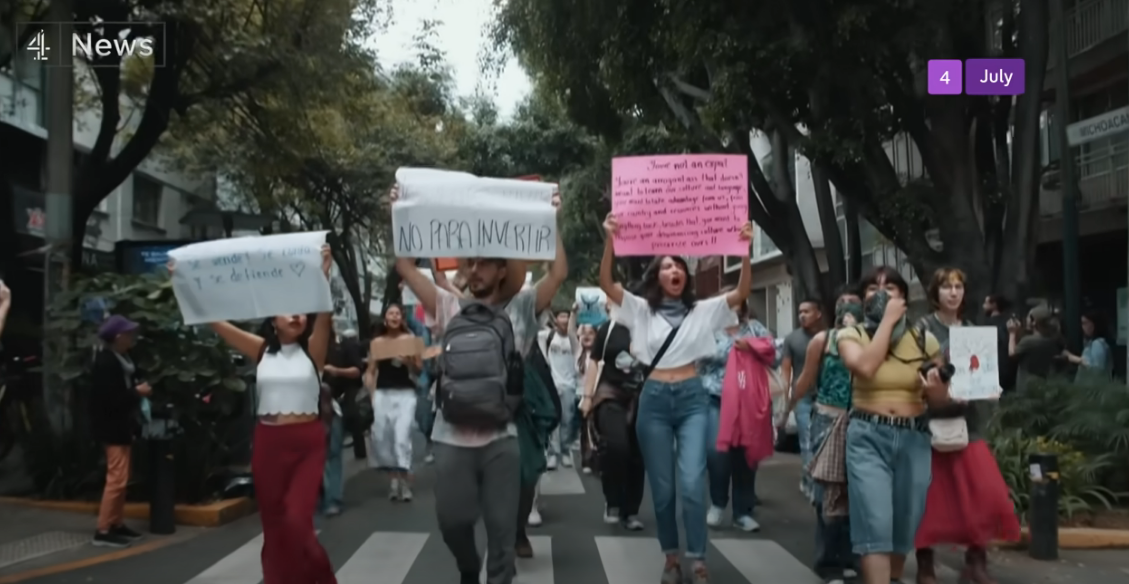
Mexico’s Digital Nomad Crackdown: What Expats Need to Know
A City Transformed
Recently, Mexico City faced growing protests over rising rents. As a result, the city’s mayor promised rent controls to ease residents’ frustrations. Many locals blame gentrification and soaring housing prices on the recent influx of “digital nomads”—remote workers from abroad, especially the US, who are drawn to the city for its lower costs and vibrant culture.
How Did We Get Here?
During the pandemic, Mexico relaxed entry rules, making it a hotspot for foreigners seeking remote work. Consequently, the government promoted the city as a tech-friendly destination. At the same time, Airbnbs sprang up in trendy neighborhoods. Thousands of newcomers arrived, laptops in hand, earning in dollars but spending in pesos.
The Backlash
For locals, the boom brought new problems. Thus, rents and home prices surged rapidly. Furthermore, more apartments became short-term rentals, making long-term housing harder to find and less affordable. Many residents felt pushed out of their neighborhoods. Although most protests were peaceful, some incidents included vandalism and xenophobic messaging.
City officials responded by proposing rent control policies. These aim to protect local renters and cool the housing market. However, balancing locals’ needs with the benefits expats bring remains challenging.
The Expats’ Perspective
If you’re considering moving to Mexico City, be aware of these tensions. While you can still enjoy rich culture, delicious food, and affordable living, the atmosphere may be less welcoming in some neighborhoods. Additionally, stricter short-term rental laws or rent caps might impact where you can live.
Moreover, the city government and residents are searching for solutions that work for everyone. This could mean more paperwork, extra taxes on foreigners, or new community-focused policies.
Lessons from Other Cities
Mexico City is not alone in this struggle. For example, cities like Lisbon, Barcelona, and Berlin have also faced backlash against digital nomads. Some have rolled back special visas or tax breaks. Others now limit Airbnb usage or increase taxes for non-residents. Consequently, expats worldwide must adapt to local pushback.
What Should Expats Do?
- Stay informed: Local laws can change quickly.
- Show respect: Engage with your neighborhood, support local businesses, and learn the language.
- Be flexible: Rules may shift, so consider less-trendy neighborhoods or other cities.
- Remember: Being a good guest helps ease resentment.
The Bottom Line
Mexico City still offers much to expats, but new rules and attitudes may complicate life for outsiders. In fact, the era of easy digital nomad living is shifting here and worldwide. Therefore, plan ahead, stay adaptable, and keep in mind that thriving as an expat means more than finding cheap rent.











